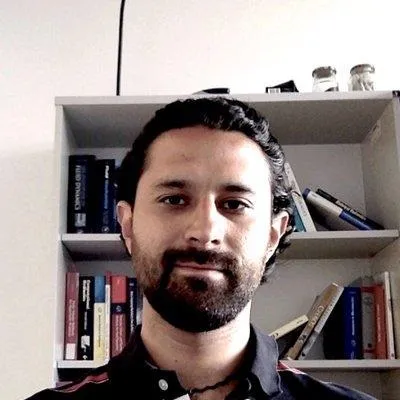About the project
Consider a major global environmental issue. Perhaps you thought about ocean plastic pollution, air pollution, or sea level rise leading to coastal erosion. In this project, you will contribute to this goal through experimental, theoretical, numerical, or combined approaches, depending on your skills and interests.
Many environmental challenges fundamentally stem from the interactions between fluids and particles. For instance, ocean plastic pollution involves the movement of plastics of various sizes, densities, and shapes—ranging from macro- to microplastics—transported by rivers and coastal waters with very different hydrodynamic characteristics. River flows, for instance, are often dominated by wall turbulence, while coastal waters are shaped by surface waves. Similarly, coastal erosion arises from the motion of sediment grains such as sand or gravel, driven by overlying turbulent flows.
Thus, sediment erosion can be understood as an interaction between a complex-shaped particle and a turbulent boundary layer. Other examples abound. At a fundamental level, such phenomena represent intricate and still not fully understood aspects of fluid–particle dynamics.
These challenges share a common factor: the complex and fascinating interactions between fluid mechanics and particles of varying sizes and properties that shape many environmental processes.
A deeper understanding of these mechanisms is essential for developing effective engineering strategies to address and mitigate related global environmental problems.
In this project, you will contribute to this goal.
You will join a diverse, dynamic and expanding Environmental Fluid Mechanics research group at Southampton, benefiting from access to world-class, recently upgraded experimental facilities:
as well as a large support community of PhD students doing research into various aspects of fluid dynamics, and a strong international network of collaborators, including partners at ETH Zurich, Delt TU and several U.K. and U.S. universities.
You will be provided with all necessary training for the successful completion of your PhD. Depending on the specific approach, this may include e.g. training into experimental techniques such as Particle Image Velocimetry, Laser Doppler Anemometry or Particle Tracking Velocimetry.
If your research involves Computational Fluid Dynamics, you will be supported in all related matters, including the use of High Performance Computing.
The School of Engineering is committed to promoting equality, diversity inclusivity as demonstrated by our Athena SWAN award. We welcome all applicants regardless of their gender, ethnicity, disability, sexual orientation or age, and will give full consideration to applicants seeking flexible working patterns and those who have taken a career break. The University has a generous maternity policy, onsite childcare facilities, and offers a range of benefits to help ensure employees’ well-being and work-life balance. The University of Southampton is committed to sustainability and has been awarded the Platinum EcoAward.
